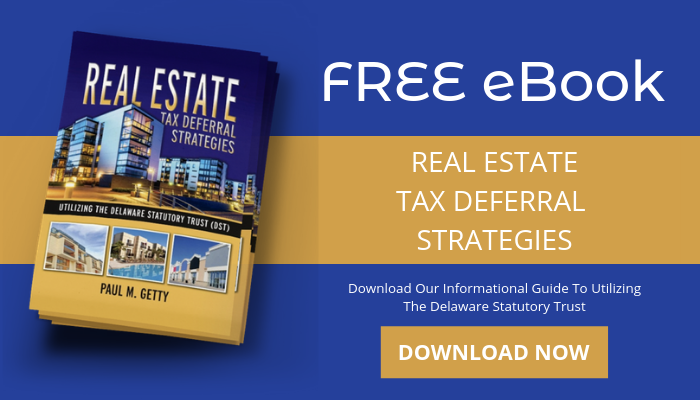One of the first questions investors consider before making an investment is:
“How much can I expect to make?”
Surprisingly, such a simple sounding question can lead to a variety of different and confusing answers depending on who is providing the answer. In this article, I would like to share some of the most important concepts that our more experienced investors use to better understand potential returns when comparing various investments.
How to Correctly Measure Return on Investment (ROI)
Return on investment or ROI is a measurement of how much money is made on an investment as a percentage of its cost. The amount of gain (or loss) is a function of all income received after expenses including any net cashflow during the holding period of the investment plus what is received when the investment is ultimately sold, less expenses and return of original investment.
Some types of real estate investments such as raw land generally provide no ongoing cash flow and are held in the hopes that they will appreciate. Other types of real estate investments such as first trust deeds provide income to the investor with no appreciation in value i.e., the investor only receives back their original investment.
Most of our real estate investors invest in properties that provide a combination of both income and appreciation and consider the combined potential returns from both sources when evaluating options.
Why is Real Estate ROI More Complex?
The calculation of ROI for real estate investments is more complex due to the impact of unique tax benefits that can reduce costs and boost net returns relative to many non-real estate investments such as stocks, bonds, precious metals, etc. Let us review several common and yet very powerful potential tax deductions that can increase after-tax income.
Depreciation
Depreciation tax deductions provide one of the most common ways in which real estate investors can reduce their taxes on income received. Current tax rules allow investors to deduct a portion of the building component of their investments each year as if their property were decreasing in value. Residential properties like apartments and single-family rentals can be depreciated over 27.5 years and commercial properties such as drug stores, supermarkets, and commercial office buildings can be depreciated over 39-years. Some of our investors take advantage of accelerated depreciation on building components that have a shorter useful life which can further increase after-tax cash flow.
Interest Expenses
Another large potential tax deduction is available to investors who obtain loans on their business properties. Interest expenses for business properties can be deducted from income and further increase after-tax income.
Miscellaneous Expenses
Real estate investors are also permitted to deduct other costs associated with managing their investments from income received including costs to visit their properties, tax filings costs, and even home office expenses where the office is mainly used to oversee the management of their investments.
Reducing Capital Gains Taxes
In addition to available deductions that may increase ongoing income, real estate Investors also can take advantage of unique tax benefits when selling their properties.
Tax liabilities can be triggered when an appreciated asset is sold. While the capital gains tax rates are often lower than taxes paid on income, they can still represent a significant tax liability.
Real estate investors however can currently fully defer 100% of the gains on the sale of their business properties though utilizing a 1031 exchange. A 1031 exchange tax deferral if not available for non-investment real estate assets. For example, an investor selling appreciated stocks would be generally liable to pay taxes during their filing year. And if the assets were held for less than on year, they are subject to taxation at higher ordinary income tax rates that could range to over 40% including both state and federal taxes.
By contrast, real estate investors who take full advantage of the 1031 exchange can currently defer all potential capital gains tax liabilities. And, better yet, a surviving spouse or heirs who inherit appreciated assets are free from capital gains tax obligations since the value of their inherited properties is reset to current market values at the time of passing (aka a “step-up in basis).
“It’s Not How Much You Make, But How Much You Keep” – Robert T. Kiyosaki
Never has this well-known quote been more applicable than when considering and comparing real estate investments.
Real investors can benefit from very significant and unique tax benefits that should be thoroughly considered before making investments.
Key take-away: Avoid comparing only top-line returns when comparing investments and instead look at how much money you can expect to put in your pocket after factoring-in the impact of taxes on both net income received, and treatment of capital gains upon sale.
Summary
If you need more assistance in comparing returns of various real estate investments, please contact us at 408 392-8822 or info@FirstGuardianGroup.com.
While we cannot provide specific tax advice, we can help you better understand how to apply the concepts discussed in this article to better analyze potential investment decisions. As always, please rely on a knowledgeable tax professional for the final word on your personal tax matters.









Your Comments :